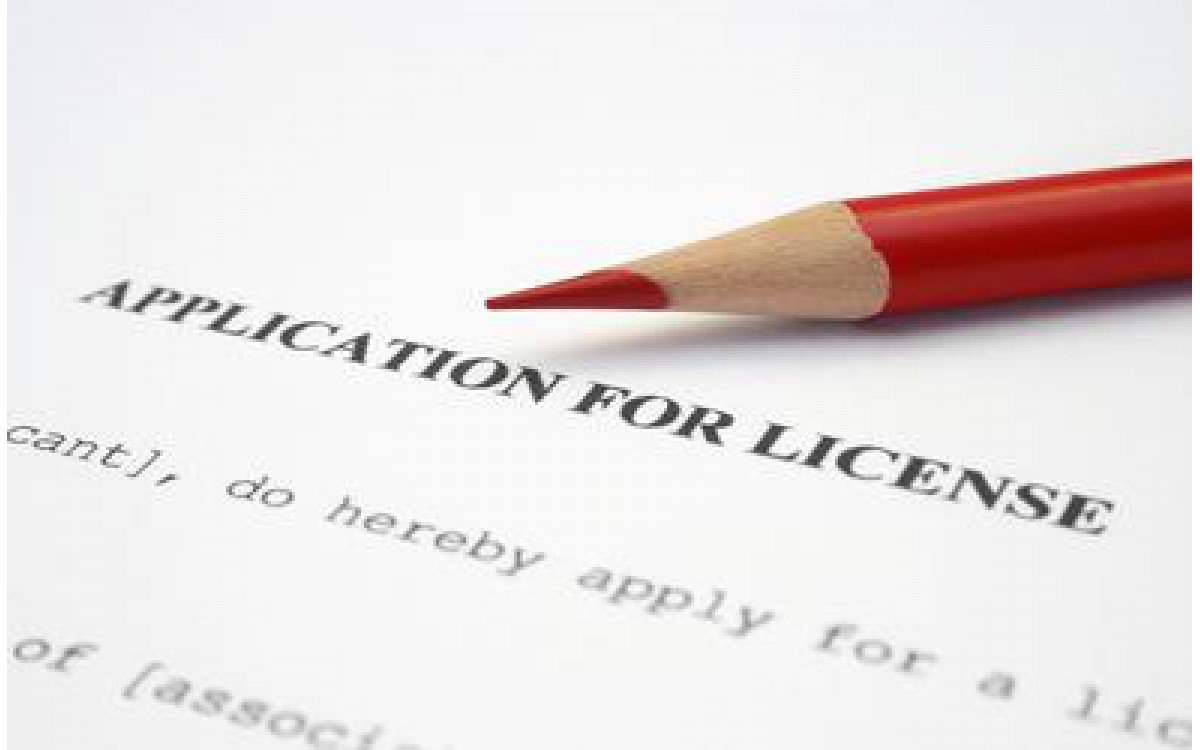Now that you have
incorporated your business, the next step is to acquire any licensing or
permits that will be required for you to conduct business in a particular
location. Sometimes, it can be a little
confusing when you are learning the terminology associated with owning and
running a business. So, for starters, a license is permission to do something
or use something. A permit is another form of license that is granted by a government
agency after some type of inspection is performed.
Depending on your
business, you may need to be licensed at the federal, state, and/or local
level. Keep in mind that regulations can vary greatly by the industry you are
operating in, the state where you live, and the locality of your business. Some
businesses may require several licenses while some businesses may not require
any. A great tool to assist you figuring
out your license and permit requirements (if any) is the SBA.gov search for BusinessLicenses and Permits. This web resource provided by the Small Business
Administration will allow you to enter the state, city, or zip code of your
location and choose your business type in order to research licenses and
permits in your area. As a small
business owner, you may be starting your business out of your home. If you are using this option, you should still
investigate zoning ordinances very carefully because residential neighborhoods
tend to have very strict zoning laws.
You may also contact your
city’s business license department to get information about obtaining a license
to operate your business. Keep in mind
that once you file your license application with the city where you will
operate your business, the city planning or zoning department will check to
make sure that the area you have specified to operate your business is zoned
for the type of business activity you have listed in your application. If the area where you are seeking to operate
your business is not zoned for your type of business activity, you can request
a variance or conditional use permit from the city. In order to get the variance, you will be
required to present your case before the city’s board or planning commission.
One key factor to
consider when starting your business in relation to licensing and permits is
the concept of “grandfathering.”
“Grandfathering” means that a new law or code is not enforced against
business that are already in operation at the time the new law or code is
passed. So, that means a particular
business similar to yours in the local area may not be subject to the same
compliance issues that your business may encounter. This is an important thing to remember
especially if you purchasing an existing business. Once a business changes
hands, the new owner is obligated to bring the business into full compliance
with the licensing and permit laws whereas the previous owner may have received
exemptions.
As you plan to open or
expand your business, understanding the required licenses and permits will be
an important factor to consider prior to your grand opening. Take the time to speak with a representative
at your local licensing department in order to get a detailed review of what is
needed to make your business fully compliant within your locality. Once you have handled the task of acquiring
the proper licensing and permits for your business, it will make it a lot
easier to focus on the exciting prospects of operating your new venture.









